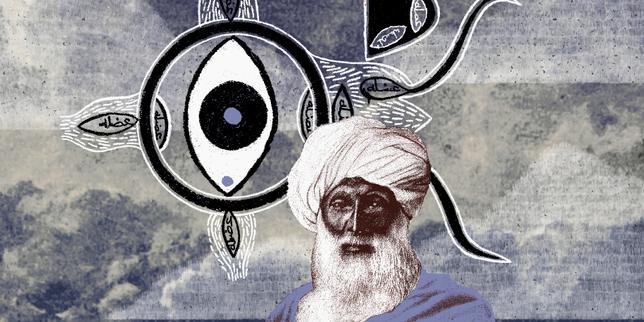

In the tranquil flow of human history, the curiosity and inventiveness of scholars have consistently steered the narrative of progress. Among these figures stands Ibn Al-Haytham, whose life and contributions illuminate the delicate dance between knowledge, innovation, and the societal contexts that surround them.
Born in the city of Basra and hailed as a pioneer in fields ranging from mathematics to optics, Ibn Al-Haytham’s journey led him to the bustling realm of Cairo at the behest of Al-Hakim, the ruler of the time. Al-Hakim, known for his scholarly pursuits alongside his often volatile disposition, invited the learned Ibn Al-Haytham to devise a method to control the flooding of the Nile—a task daunting in both ambition and complexity.
Despite the earnest application of his considerable expertise, Ibn Al-Haytham faced the formidable caprice of nature that defied his calculations. Unable to fulfill the ruler’s grand vision, he adroitly feigned madness, a strategic act that ultimately safeguarded him from the severe repercussions of failure in the politically charged climate of his era. Through many years lived in a guise of feigned insanity, Ibn Al-Haytham continued to weave his scholarly contributions, crafting treatises that would echo through the corridors of time and inform generations of scientific thought.
As we traverse the bridges from past to present, we find that the spirit of inquiry, akin to that of Ibn Al-Haytham, persists across the centuries. In today’s world, this ethos of exploration intertwines intricately with digital evolution, as nations navigate the opportunities and challenges brought forth by digital education. Sweden, once fervent in its adoption of digital learning tools over the past decade, now steps back to reassess the intricate impacts that such integration has wielded on the fabric of learning.
The Swedish educational system, envisioning a future rooted in digital fluency, has encountered unforeseen ripples in the formation of young minds. Questions arise about the balance between screen-based learning and traditional methods, encouraging thoughtful reflection on the efficacy and implications of an entirely digitized curriculum. This reflective pause suggests a return to foundational educational principles, recognizing that the human element holds equal, if not greater, significance in the dance of learning.
Portugal mirrors this contemplative juncture, adopting a similar cautionary stance towards the digital tide. The country moves forward with a mindful approach, questioning how best to blend technology’s advancements with the timeless qualities of traditional pedagogical practices. The probing inquiry remains centered on preparing students not only for a digital future but also for a life where adaptability, critical thinking, and human connection retain their profound importance.
In the quiet footsteps of scholars past and present, such movements underscore a universal truth: the journey of learning is a mosaic of past wisdom and future potential. Katz et. scholars like Ibn Al-Haytham, the questions of this digital age challenge us to reflect on how learning is stitched into the broader tapestry of society. They remind us that the evolution of knowledge—across cultures and eras—requires a delicate harmony between innovative zeal and the nurturing of the human spirit.
As we draw connections between historical perspectives and modern educational debates, the narrative of learning continues to unfurl, encouraging us all to ponder deeply and advance mindfully. Whether in the shadowed chambers of a medieval scholar’s study or the bright screens of contemporary classrooms, the quest for understanding remains an eternally illuminating journey.
Source: {link}
